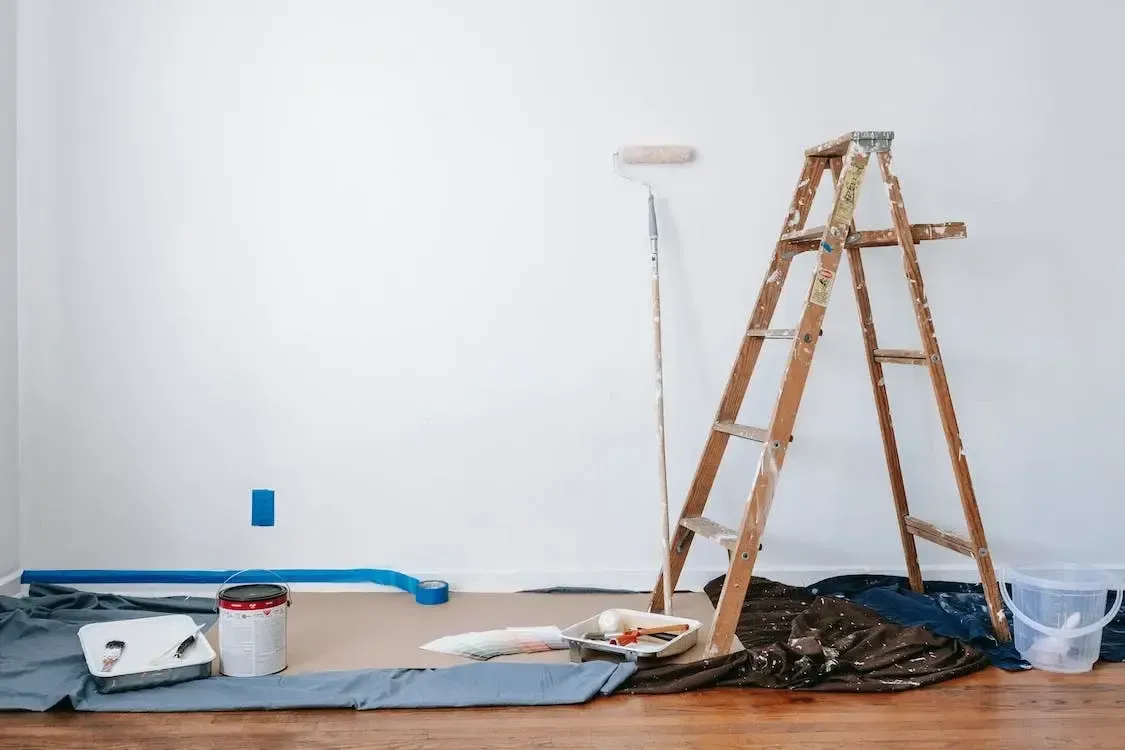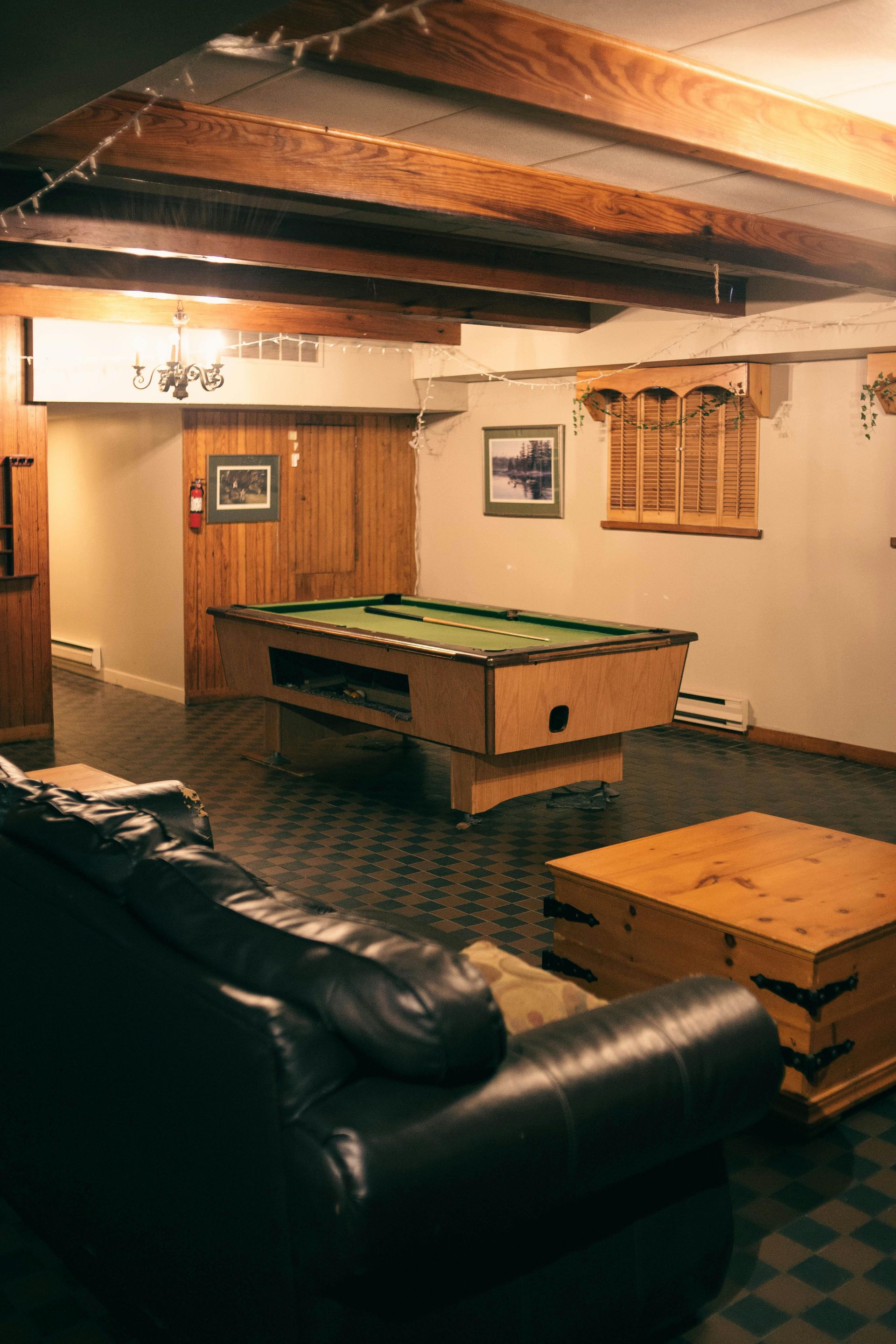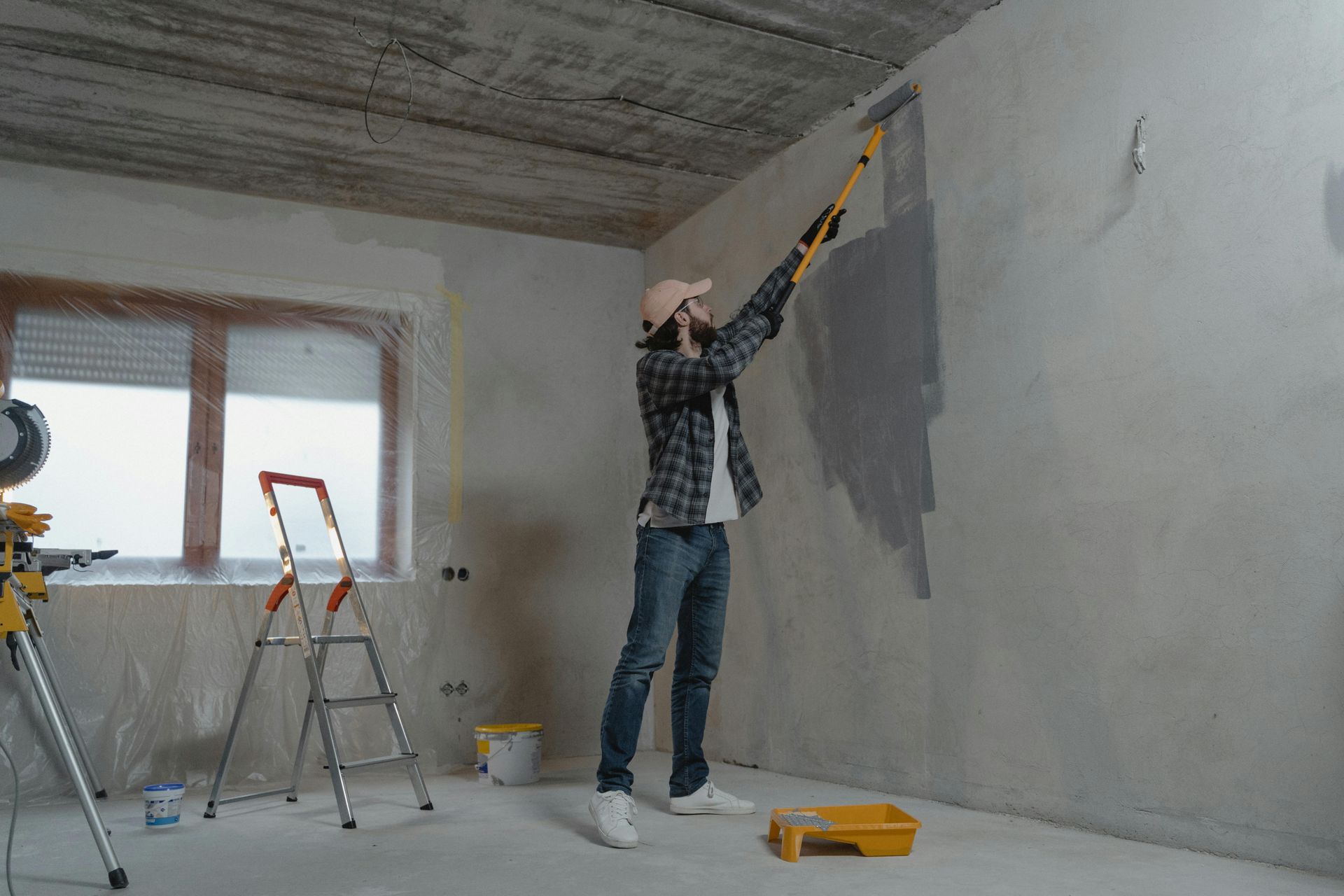General Contractor vs DIY on Home Renovation Projects
Embarking on a home renovation project is definitely exciting.
However, it comes with a lot of pitfalls.
These include
budget overruns,
extended timelines, and the classic,
mismatched outcomes that don’t align with your vision.
Deciding between going on it alone and hiring a general contractor can make or break your renovation dream, and not just the entire result, but your peace of mind and wallet, too.
DIY suits small, manageable projects and can save money. For larger, more complex renovations, a general contractor ensures a professional finish and a hassle-free process. The right decision depends on the project size and your own skills and time.
In this blog, we will give you a thorough comparison between DIY efforts and the professional touch of a general contractor.
From dissecting cost implications to decoding timelines, we'll explore how each choice impacts your renovation.
We will also run through what we can get in the long run with your decision.
Plus, don't miss our exclusive tips on avoiding common DIY pitfalls and a peek into the world of professional contractors – how to choose the best, and what to expect.
What is the role of a general contractor?
A general contractor oversees your renovation project from start to finish. Their job includes managing subcontractors, ensuring compliance with legal standards, and handling day-to-day operations. Think of them as project managers who make sure everything runs smoothly, on time, and within budget.
On the other side is DIY. DIY means you're in charge, and you tackle everything from planning to execution. It's cost-effective for small projects but can be overwhelming for larger ones.
Now, the following are important points you want to avoid to ensure a smooth renovation:
Cost Comparison
Initial Cost
The initial cost of a DIY project is often lower than hiring a general contractor. When you do it yourself, you save on labor costs and have control over material choices, which can significantly reduce expenses.
However, this approach requires a solid understanding of the tasks at hand and the ability to accurately estimate costs.
General contractors may charge a premium, but this includes their expertise, bulk material purchases at lower costs, and a network of subcontractors. The higher initial investment can mean a smoother process and less unexpected expenditure.
Long Term Cost
DIY projects, while cheaper upfront, can incur higher long-term costs due to potential mistakes, use of lower quality materials, or inefficient work. These errors can lead to future repairs or adjustments.
In contrast, general contractors usually guarantee quality work that lasts, translating to fewer repairs and maintenance down the line. Their work often comes with warranties, ensuring that any issues are rectified without additional costs.
Investing in a general contractor can mean investing in quality and durability. It's not just about the immediate aesthetics of your renovation; it's about ensuring that the work stands the test of time. Remember, a successful renovation is not just measured by its immediate outcome, but by its lasting quality and the value it adds to your property over time.
Time and Effort

"Time is money."
When it comes to home renovations, the time and effort invested can be as valuable as the financial cost.
DIY renovations, while seemingly cost-effective, demand a significant time commitment and physical effort. The reality of DIY is that it often extends beyond your initial estimates, especially if you're balancing it with your regular job or family commitments. The physical toll and time consumed in learning new skills, sourcing materials, and actual labor can be exhausting and overwhelming.
Furthermore, DIY projects are notorious for extending beyond planned timelines. This can lead to prolonged disruptions in your daily life, with ongoing construction zones in your living spaces. A longer-than-expected renovation isn't just an inconvenience; it can significantly disrupt your routine and stretch your patience thin.
On the other hand, hiring a general contractor can substantially reduce these burdens. Professionals manage the project efficiently, adhering to a set timeline. Their experience and expertise mean they can anticipate and navigate potential delays, ensuring the project stays on track.
This professional approach minimizes disruptions in your home and life. Plus, the physical and mental load is lifted off your shoulders, allowing you to focus on your daily activities without the added stress of managing a renovation project.
Legal and Safety Considerations
Is it easy to navigate through these legal requirements?
Realistically, for most homeowners, the answer is no. Dealing with permits and regulations requires a good grasp of the local building codes, which can be complex and frequently subject to change. Failure to comply can lead to costly fines, legal issues, or even the need to redo work. Additionally, DIY projects often overlook crucial safety standards, which can pose risks during and after the renovation.
Ensuring electrical, structural, and fire safety, among other considerations, requires a depth of knowledge and experience typically beyond the scope of most DIY enthusiasts. A slip in safety can lead to accidents or long-term health hazards, which are particularly concerning in homes with children or elderly residents.
On the contrary, a general contractor brings a wealth of experience in handling legal and safety requirements efficiently. Their expertise ensures that every aspect of your project complies with current regulations, reducing risks and potential legal issues. This professional knowledge extends to on-site safety practices, ensuring that the work is carried out safely and securely.
Quality and Expertise
DIY projects are often driven by the homeowner's passion and personal touch. However, without professional training and experience, these projects can sometimes lead to subpar results. The most common issue? Mismatched outcomes. It's not just about the aesthetic aspect; mismatched outcomes can also mean inconsistencies in construction quality, leading to future problems. For instance, flooring installed without proper expertise might look decent initially but could lead to issues like uneven surfaces or gaps over time.
On the other side, a general contractor have a keen eye for detail. They have a deep understanding of how different elements of a renovation project come together. This expertise ensures not just an aesthetically pleasing outcome, but one where every aspect of the work is done to a high standard. The right materials are used, installations are carried out professionally, and the overall design is cohesive.
Stress and Project Management
In DIY renovations, the entire burden of planning, execution, and troubleshooting falls on you. While this hands-on approach can be fulfilling, it also brings significant stress. You're in charge of everything: sourcing materials, scheduling tasks, managing budgets, and actually doing the physical work. Unforeseen issues such as delays in material delivery, unexpected structural challenges, or even simple miscalculations can escalate stress levels. This constant juggling act can be overwhelming, especially if you're balancing renovation work with other personal and professional responsibilities.
Hiring a general contractor shifts the weight of project management off your shoulders. General contractors are experienced in handling the complexities of renovation projects. They manage timelines, coordinate with subcontractors, handle procurement, and ensure the project stays on track and within budget. This professional management significantly reduces the stress you would otherwise face in a DIY project.
Moreover, a general contractor acts as a single point of contact, streamlining communication and decision-making. This not only makes the process more efficient but also less stressful for you. You can rely on their expertise to handle the nuances of the project, allowing you to focus on your daily life without the constant pressure of managing a complex renovation.
Customization and Control
DIY projects are generally perceived as offering more control and customization. You make all the decisions, from the design to the materials and the execution of each detail. It seems like the ultimate way to ensure your renovation perfectly aligns with your vision.
However, this perception of control can be somewhat illusory. The reality is that DIY projects often face limitations due to the homeowner's skill level, access to materials, and the complexity of the tasks. You may have a specific vision, but executing it to the standard you desire can be challenging without professional skills and resources.
"Do I lose customization control when hiring a general contractor?"
The short answer is no. In fact, hiring a general contractor can often enhance your ability to customize your project.
They can translate your vision into a feasible plan and execute it with a high degree of precision. They have access to a variety of materials, a network of skilled tradespeople, and, most importantly, the know-how to turn your ideas into reality.
A good contractor will work closely with you, ensuring that your ideas are central to the project. They provide expert advice to refine your vision, suggest alternatives where necessary, and execute the plan with precision. This collaborative approach ensures that your renovation is tailored to your preferences while benefiting from professional expertise.
Long-Term Value and Resale
"How do renovations impact my home's resale value?"
Well-executed renovations, particularly those that enhance the functionality and aesthetic appeal of your home, can significantly increase its market value.
DIY renovations, while cost-effective, may not always meet professional standards in terms of finish and durability. Poorly executed DIY projects can actually detract from your home's value, especially if they result in features that are unappealing to potential buyers or require further investment to rectify.
On the other hand, renovations done by a professional general contractor typically offer a higher quality finish and greater attention to detail. These improvements are often more appealing to prospective buyers and can therefore contribute positively to your home's resale value. General contractors ensure that renovations comply with current trends and standards, making the home more attractive in the competitive real estate market.
When to Choose a General Contractor
"What types of projects should I definitely use a general contractor for?"
Large-scale or complex renovations are the clear answer here. Projects that involve structural changes, extensive electrical or plumbing work, or require specialized skills are best handled by a general contractor. These professionals ensure that the work is completed to a high standard, within the required time frame, and in compliance with all legal and safety regulations. If your project is ambitious, has multiple phases, or requires coordination of different trades, a general contractor is indispensable.
When DIY is the Better Option
"What types of projects is fine with DIY?"
DIY is ideal for smaller, less complex projects. Tasks like painting, simple landscaping, or basic cosmetic updates are great for DIY. These projects don't typically require specialized skills and can be done at your own pace. If you have some basic home improvement skills and are looking to make minor changes or improvements, DIY can be a fulfilling and cost-effective approach.
Conclusion
In conclusion, understanding when to choose a general contractor and when to embark on a DIY project is crucial for the success of your renovation. Large-scale, complex renovations demand the expertise, efficiency, and legal compliance that a general contractor brings. For simpler, less demanding tasks, DIY can be a rewarding and budget-friendly option.
If you're contemplating a major renovation, consider
MR Home Remodeling. Specializing in general contracting, painting, basement finishing, and home remodeling, they offer expert services to bring your vision to life. Looking to sell your house fast? They've got you covered there too. Choose MR Home Remodeling for professional, high-quality results that add value to your property.









